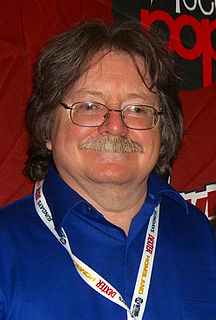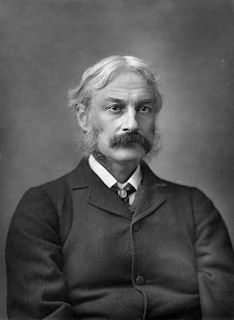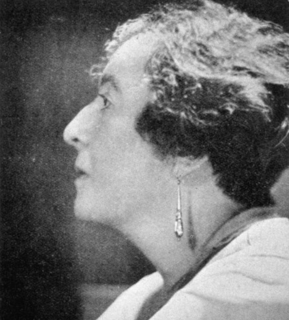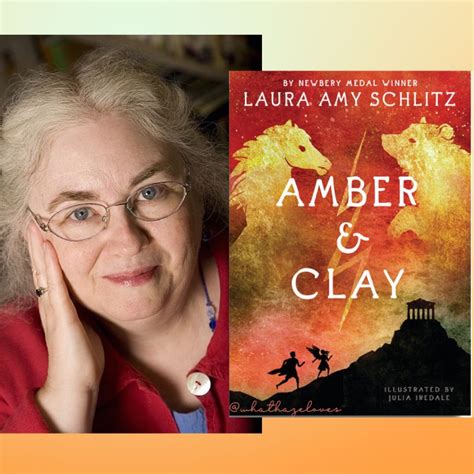A Quote by Noel Fielding
When I was a really young child, I felt like I could see fairies. I was convinced there were fairies in my grandmother's garden.
Related Quotes
So it is best to keep an open mind and be agnostic. At first sight that seems an unassailable position, at least in the weak sense of Pascal's wager. But on second thoughts it seems a cop-out, because the same could be said of Father Christmas and tooth fairies. There may be fairies at the bottom of the garden. There is no evidence for it, but you can't prove that there aren't any, so shouldn't we be agnostic with respect to fairies?
Once, at the dreaming dawn of history -- before the world was categorized and regulated by mortal minds, before solid boundaries formed between the mortal world and any other -- fairies roamed freely among men, and the two races knew each other well. Yet the knowing was never straightforward, and the adventures that mortals and fairies had together were fraught with uncertainty, for fairies and humans were alien to each other.































